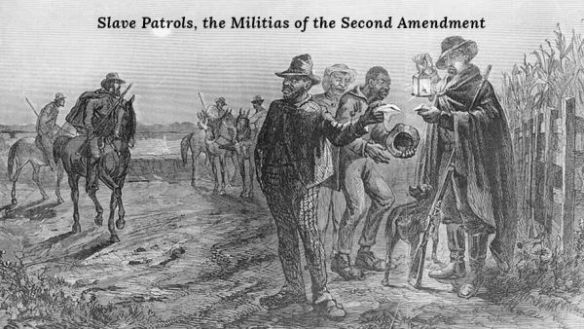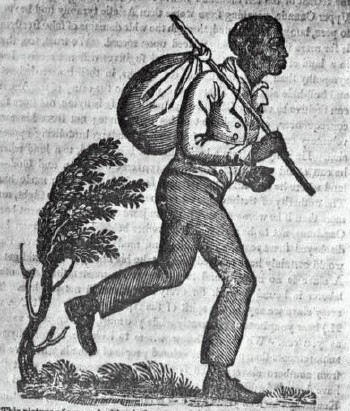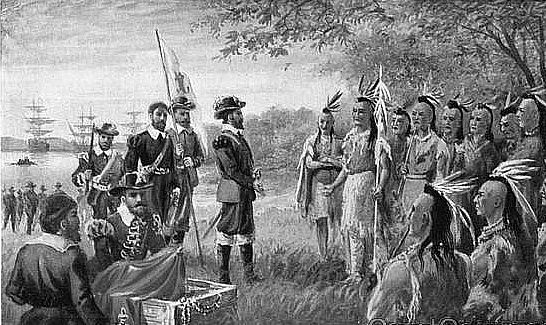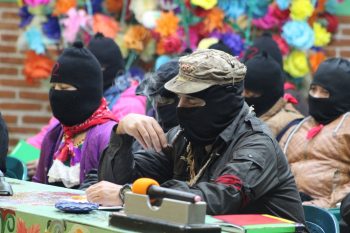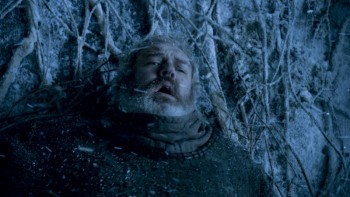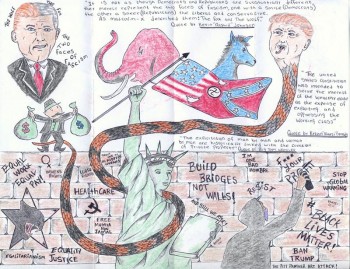
By Amy Goodman & Denis Moynihan
“You’re fired!” When Donald Trump ousted FBI Director James Comey Tuesday night, it was more than just another of Trump’s shocking executive actions. Comparisons to Watergate are chillingly relevant; Comey was investigating potential collusion between the Russian government and Trump’s presidential campaign. Just days earlier, Comey asked the Justice Department, run by Trump crony Attorney General Jeff Sessions, for more resources for the investigation. Trump’s termination of Comey echoed President Richard Nixon’s firing of the special prosecutor investigating Watergate, Archibald Cox, in what was called “The Saturday Night Massacre.”
Amidst the daily deluge of scandal, one detail remains crystal clear: Donald Trump understands the power of the media, and he wields that power relentlessly. From the announcement of his Supreme Court nominee in a suspenseful event that could have been drawn from reality TV, to his incessant and inflammatory tweeting, Trump manipulates the media and, more often than not, controls the news cycle. His unpredictable pronouncements have captured the attention of the corporate media, almost to the point where very little else is covered.
Behind the headline-grabbing chaos, though, decades of progressive policy achievements are being quietly undone by the army of loyalists that Trump is assembling around him. Over at the Federal Communications Commission, for example, newly installed Chairman Ajit Pai is doing everything he can to eliminate rules protecting net neutrality on the internet, while allowing big, pro-Trump broadcasters to further consolidate. This will lead to increasingly restricted democratic dialogue in our society, further strengthening Trump’s grip on power.
Net neutrality is described by the media advocacy organization Free Press as “the First Amendment of the internet.” It describes a fundamental feature of the internet, allowing information to flow freely and equally over the web, regardless of its content. For example, whether you want to view web content from the National Rifle Association or the Brady Campaign to Prevent Gun Violence, the site you are seeking will load equally quickly. The ISPs are not allowed to favor one site over another.
Take another example: Many people watch video on the internet using Netflix. But imagine an ISP with ownership interest in another, competing service deciding to slow down Netflix in order to frustrate those users and drive them to its service. With strictly enforced net neutrality rules, this type of conduct would be illegal. In the internet that Ajit Pai, a former Verizon lawyer, is trying to construct, with net neutrality rules scrapped, it would likely become the norm. Extremely well-funded, incumbent sites would dominate, while smaller, startup web ventures would find it impossible to compete. The internet’s dynamism would disappear.
To take the hypotheticals one step further, imagine an activist website dedicated to organizing resistance to President Trump’s immigrant ban. Such a site, now, would be freely accessible. But without the protection of net neutrality, there would be nothing to stop an ISP from slowing down traffic to and from the site, rendering it useless.
Broadcast ownership rules, also under the FCC’s purview, are being targeted for elimination by Pai as well. On April 20, the FCC voted 3-2 along partisan lines to relax broadcast ownership rules, unleashing a wave of TV station ownership consolidation. The Sinclair Broadcast Group is reportedly attempting to purchase Tribune Media for $4 billion, giving it control of more than a third of the country’s local TV stations.
Sinclair is more than just a TV network, though: It has for many years exploited the public airwaves to promote a right-wing political agenda. “They’ve rolled out the red carpet for President Trump,” Craig Aaron, president and CEO of Free Press, said on the “Democracy Now!” news hour. “Right after the election, Jared Kushner, the president’s son-in-law and adviser, indicated that he had struck a deal with Sinclair for favorable coverage, where they would air Trump speaking at length without interruption. … They’ve hired multiple Trump spokespeople, mouthpieces from the administration, to come on the air, give the administration’s views.”
Broadcast networks are still the way that most people get their news, especially those who are less internet-connected, like older people and the poor. By supporting candidates like Donald Trump, Sinclair also ensures there will be no drastic changes to campaign finance law. Every election cycle, then, Sinclair and other broadcasters reap huge windfalls from the flood of dark money spent on broadcast airtime to disseminate misleading political ads. This creates a vicious cycle, allowing anti-democratic (small “d” democratic, that is) forces to tighten control of the broadcast networks and, increasingly, the internet.
President Trump knows how to use the mass media, and social media, to manipulate public opinion and sway voters. But Trump, and appointees like Ajit Pai, are learning that there is a force more powerful: organized people, taking to the streets. Trump can fire individuals who threaten his power, like James Comey. But he can’t fire a movement.


